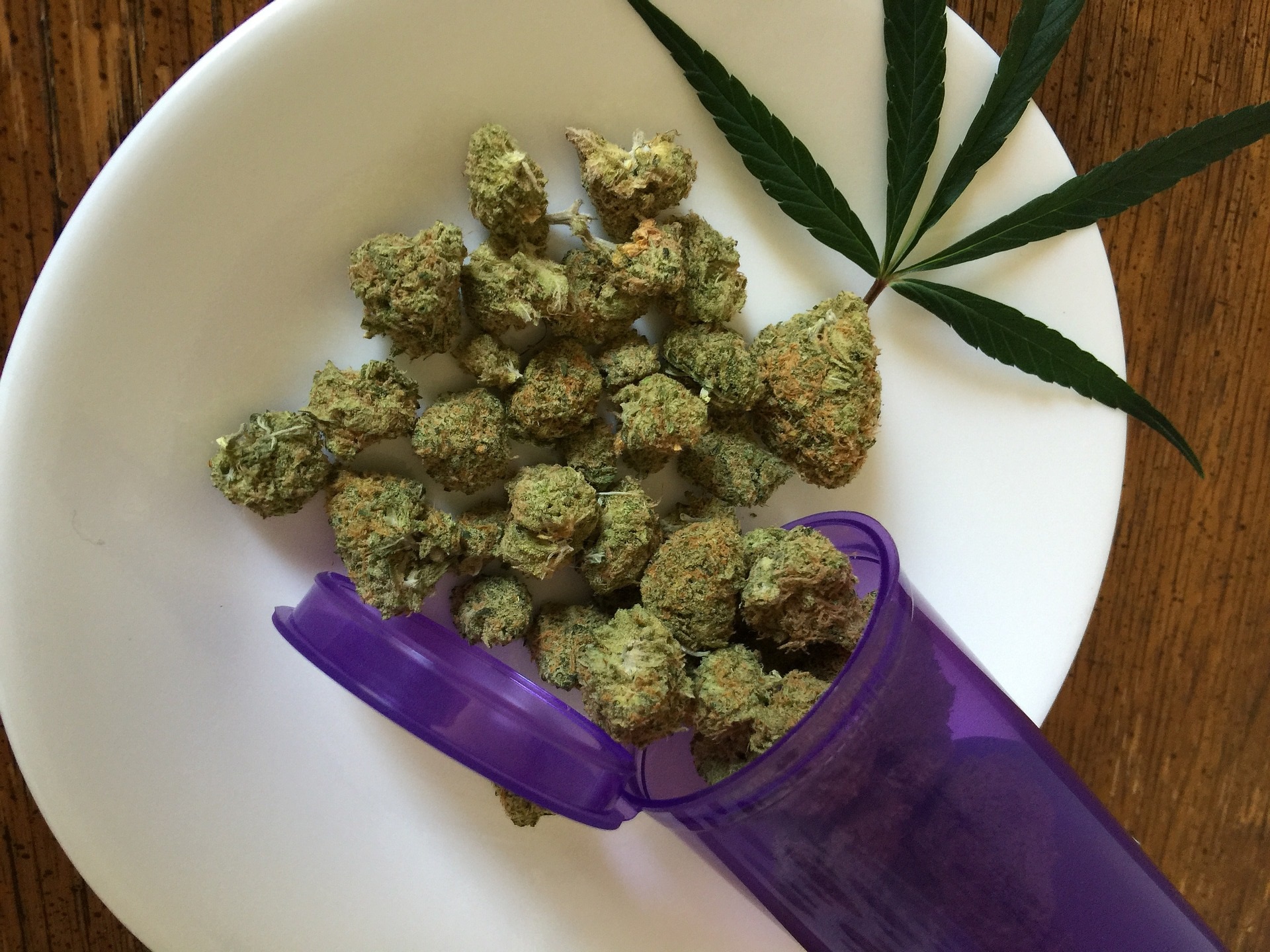
26 Feb Can I deduct medical marijuana as an expense?
Photo: pixabay.comQ. Are my purchases of medical marijuana tax-deductible in the same way as medical prescriptions?
— Looking for savings
A. As New Jerseyans get their tax returns ready – and as medical marijuana becomes more popular – it’s a very timely question.
Let’s first go over the rules for deducting medical expenses in general.
Normally, a taxpayer can include in their calculation of medical expenses all amounts paid for prescribed drugs, defined as any drug requiring a prescription by a doctor for its use by an individual, said Neil Becourtney, a certified public accountant and tax partner with CohnReznick in Eatontown.
He said once a taxpayer calculates their total medical expenses – doctors, dentists, prescription drugs, insurance, eyeglasses, hospital costs, less reimbursements, etc., a federal deduction is allowed to the extent the total medical expense exceeds 7.5 percent of adjusted gross income (AGI).
For New Jersey purposes, a medical deduction can be claimed to the extent medical expenses exceed 2 percent of New Jersey gross income, Becourtney said.
Now to the pot.
Becourtney said the Internal Revenue Service issued a ruling in 1997 stating that for purposes of deducting medical expenses, medicines and drugs include only items that are legally procured.
“The ruling states that an amount paid to obtain a controlled substance such as marijuana for medical purposes in violation of the federal Controlled Substances Act is not legally procured,” he said. “Therefore, this cannot be deducted as part of medical expenses, even if state law permits its use when prescribed by a physician and the taxpayer gets a prescription.”
So until marijuana becomes legal at the federal level, a medical expense deduction cannot be claimed for medical marijuana prescribed by a doctor.
You can read more about medical deductions in IRS Publication 502.
Email your questions to .

